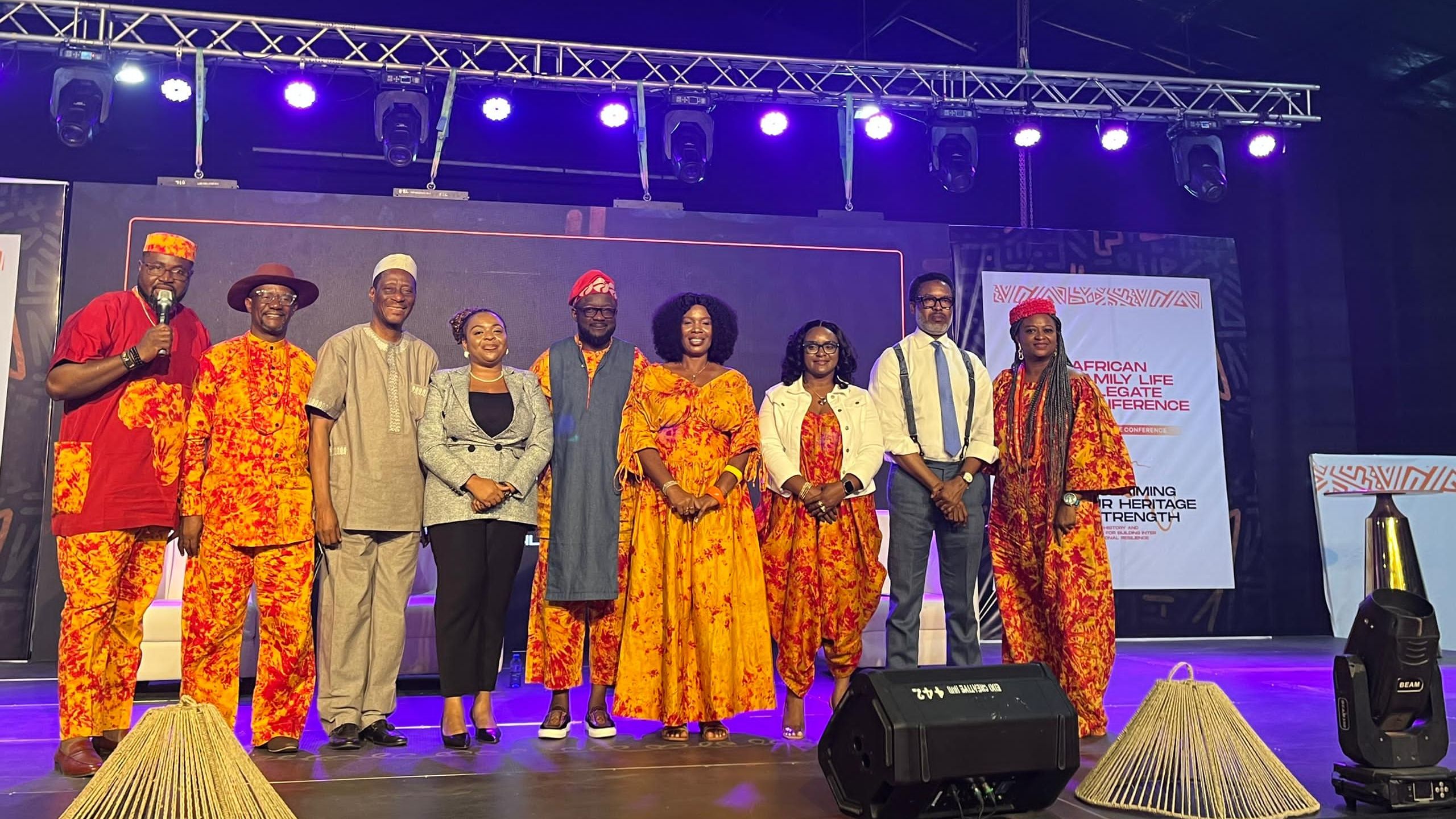
AFLDC 2025: What Happened in Benin Was Bigger Than We Imagined
May 21, 2025The 9th African Family Life Delegate Conference (AFLDC), hosted by the Institute of Family Engineering and Development (IFED) in Benin City, ended with a resounding message: Africa’s future depends on restoring its heritage and building family systems that support resilience across generations.
Held on May 15th in alignment with the United Nations International Day of Families, the conference drew over 1,000 delegates from across Africa and beyond - both in person and virtually. Themed “Reclaiming Our Heritage & Strength: African History and Legends for Building Intergenerational Resilience,” the event brought together a powerful lineup of keynote speakers, panelists, and thought leaders to unpack the intersections of culture, family, identity, and the African future.
In a stirring keynote, Professor Edward Erhagbe (FHSB) challenged the continent to confront its developmental gaps. He pointed to Africa’s rising divorce rates, widespread unemployment, and the growing aggression within homes as evidence of deteriorating family systems. “We often romanticise the past,” he noted, “but Africa’s history is marked by fragmentation, tribal conflicts, and disconnection. The future will not be changed by nostalgia, but by action.”
Her Royal Majesty, Olori Atuwatse III, Queen Consort of the Warri Kingdom, also gave a keynote address with a compelling reminder that African societies once functioned as deeply interconnected communities. “Our ancestors saw society as a network of connected lives,” she said. “Their strength lay in unity, not individualism. If we want a strong Africa, we must build families that are intentional, present, and rooted in purpose.”
Among the most talked-about contributions came from Dr. Charles Apoki, who delivered a hard-hitting message on economic independence and transgenerational entrepreneurship. Drawing from both historical insight and personal experience, he described how colonial economic pressures tore African families apart, sending men to faraway townships for work and leaving families disjointed.
“Unlike many Asian and Indian families who built enduring businesses, we outsourced our strength,” Apoki said. He shared how his own family has reversed that trend: his daughter now runs his school, his son is a successful entrepreneur, and his medical legacy continues through his children. His challenge to African families was clear: “Don’t just pass down wealth; pass down skills, legacy, and values rooted in character and competence.”
Precious Imuwahen Ajoonu, a leading voice in public policy, offered a deeply personal reflection on how family narratives shape education far more than formal curricula. “It wasn’t school that shaped my mindset - it was my father,” she said. She debunked the simplistic view of African culture as inherently patriarchal, pointing to her Bini roots as an example of balanced gender leadership. She stressed the importance of integrating indigenous knowledge and critical thinking into modern education systems. “If our children can question the world while honouring their roots, we’ll raise thinkers who are both proud and powerful.”
In a panel discussion, Prof. Erhagbe reiterated that many young Africans feel alienated from their heritage. “We’ve failed to give them a hopeful narrative,” he said. “Without connection to a meaningful past, the future feels empty. That’s why rebuilding the family is urgent - it’s the only institution capable of restoring hope.”
Throughout the day, panelists, including Nedum Nwobi, Akinropo Akinola, Dinma Nwobi, and others, explored themes from emotional wellness and parenting to leadership and systems thinking. Across all sessions, a common thread emerged: the family is Africa’s most strategic investment.
A special highlight of the event was the free speed professional counseling sessions, where lucky attendees received expert guidance on real-life family challenges, reinforcing IFED’s commitment to practical, accessible solutions for everyday families.
Founder and Chief Host Praise Fowowe closed the conference with a passionate reminder that engineering strong families is not a side issue - it is the bedrock of African development. “We must reclaim our roots, redesign our systems, and redefine what it means to be truly African,” he said.
As the sun set over Benin City, one thing was clear. AFLDC 2025 was not just a conference - it was a movement. A movement to rediscover who we are, rebuild what we’ve lost, and reimagine a continent rooted in legacy, love, and lasting impact.
Leave a Comment
We hate SPAM. We will never sell your information, for any reason.
